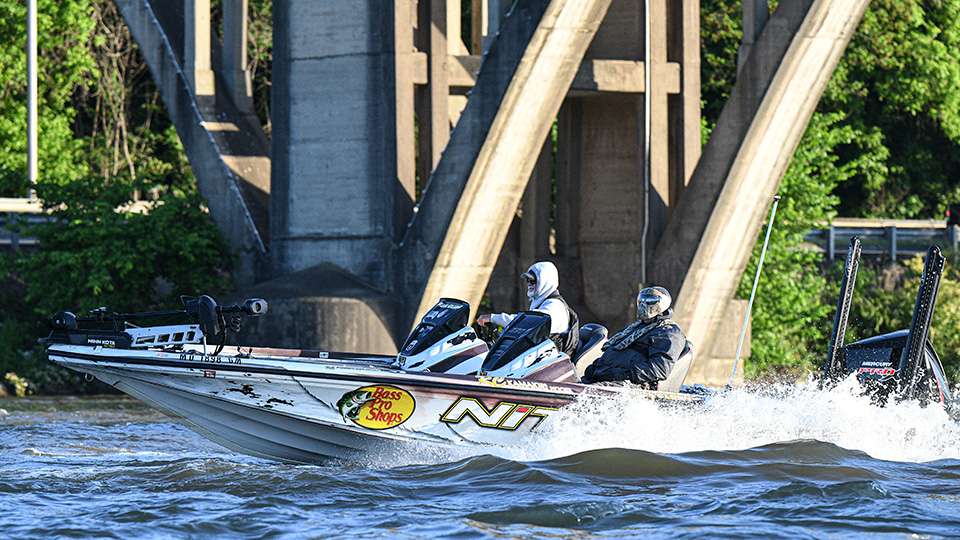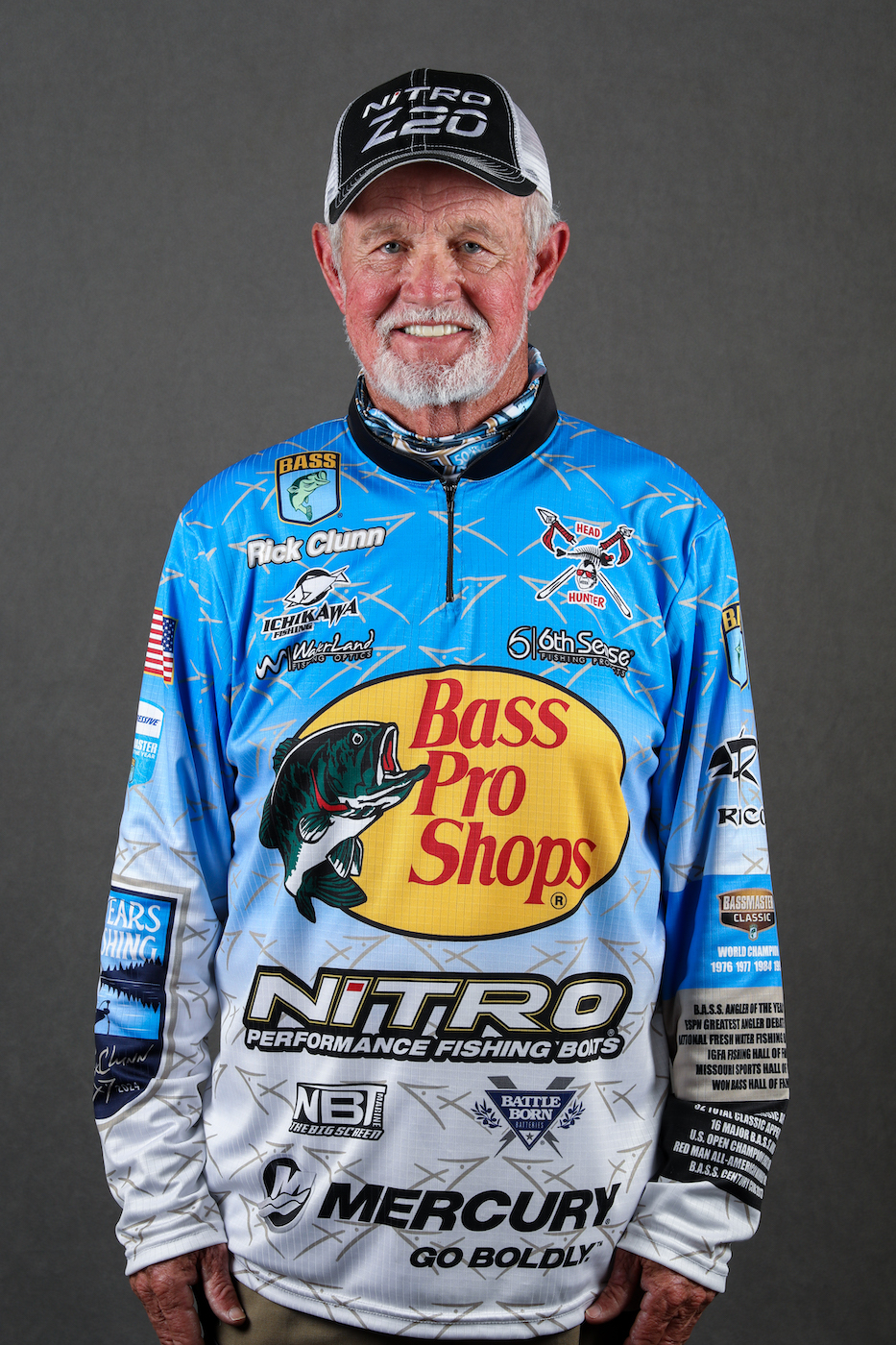
When I was doing quite well early in my career, a local angler asked me how I was able to find the best spots on the lake and out-fish locals who lived there.
I told him I don’t find the best spots, and the locals probably know more spots.
“Maybe I’m more efficient and know how to get more out of the spots I fish,” I told him.
Today, the Elites are by invitation only, but in those days, anyone who wanted in the tournaments could get in by paying the entry fee.
Afterwards, I thought more about that question. I surmised that those “locals” weren’t full-time tournament anglers, and if they did fish tournaments, they were only one-day events.
There’s a huge difference because you have to manage your fish in multi-day events and stay mentally and physically sharp throughout the event. There’s an art to that, and back then most locals didn’t know how.
Midway in my career, a local angler walked up to my wife after the first day of the tournament and was bragging that he beat me that day.
“That’s great,” she said. “But can you do it two days in a row?”
He couldn’t.
Even Tiger Woods in his prime can get beat by someone not as good as him, but not over a four-day event.
Back in my early days, we saw several very good anglers who were highly respected big sticks locally and a few fishing guides enter Bassmaster events when they came to town.
But they struggled. They couldn’t handle the pressure or the mental and physical endurance required to fish a multi-day tournament.
The guides were accustomed to putting customers on fish daily, and they could handle the physical demands, but most of the time they were not on the quality fish required to do well in tournaments.
Neither group could grasp how to manage their fish or which size of fish they needed during the week to come out on top.
Locals lacking big tournament experience also tend to have too much history on a body of water and wind up trying to fish everything they know, running around hitting spots but not intelligently selecting the best areas under those conditions.
Egos often got in the way as well. Locals felt the pressure to do well in front of the hometown crowd and prove they could beat the pros. By the second or third day, that pressure, coupled with physical and mental fatigue, ultimately got to them. Even today, I hear from locals who are successful in local, one-day events that they struggle to handle the physical demands in multi-day events.
But this era of professional anglers is a different breed. They’re far more successful, as noted by the last two Elite events won by local anglers — Lee Livesay at Lake Fork in April and Wes Logan at Neely Henry.
What’s changed? The evolution of today’s angler.
Today’s young guys grew up as tournament fishermen first and local anglers second. They’re mentally and physically tougher and have learned how to manage fish and locations. They know how to control their egos and what fish they need to target and go beyond just their favorite spots.
In the early days, local anglers generally failed miserably. When today’s pros land on a tournament near their homes, they usually do well.
They may know a lot of good places, but they also know the ones that are productive under very specific conditions. They don’t try to do too much and have been conditioned to manage those spots accordingly.
Because of that, you’re going to see more locals win Bassmaster events and continue to do well on local waters.

